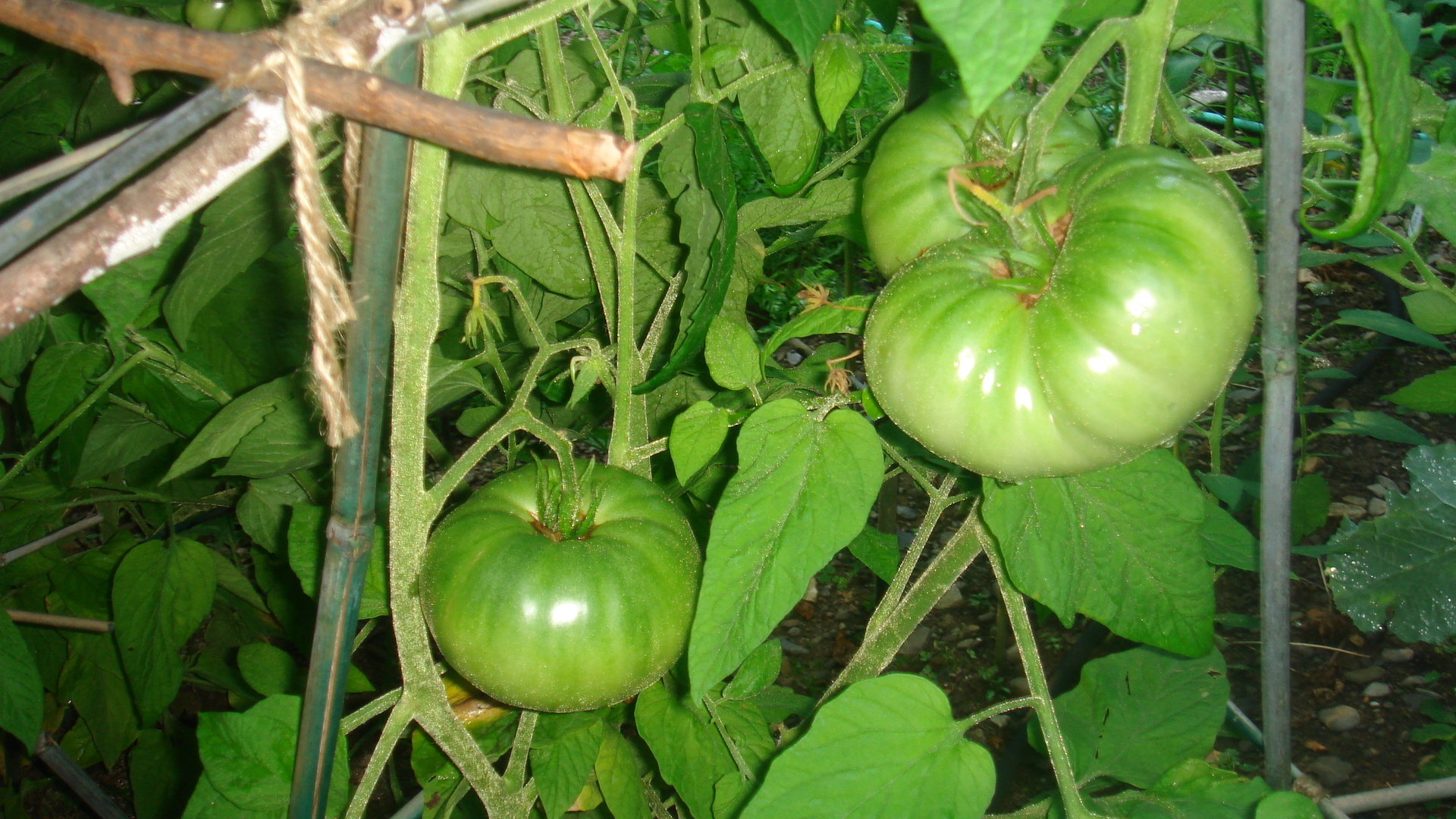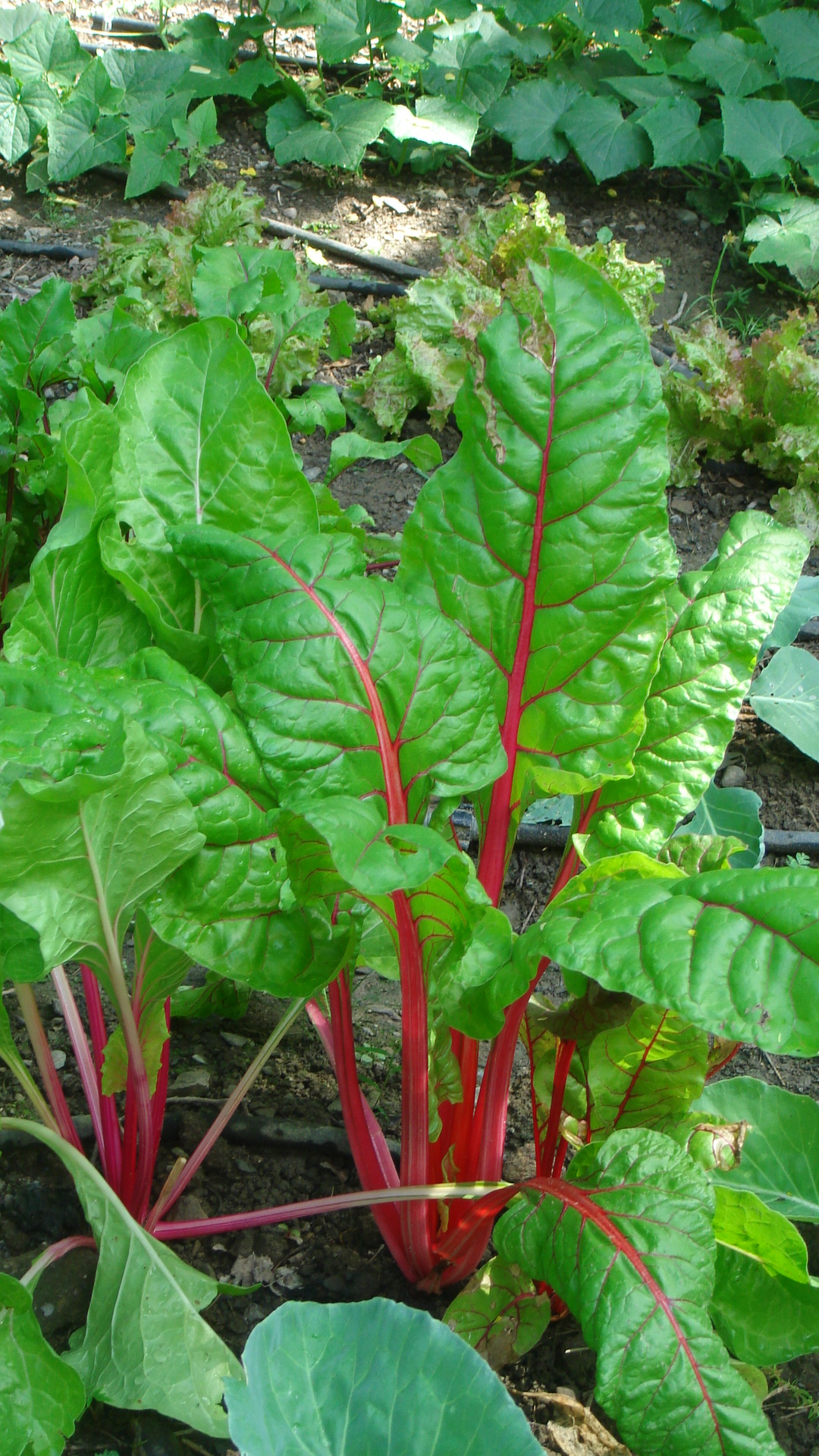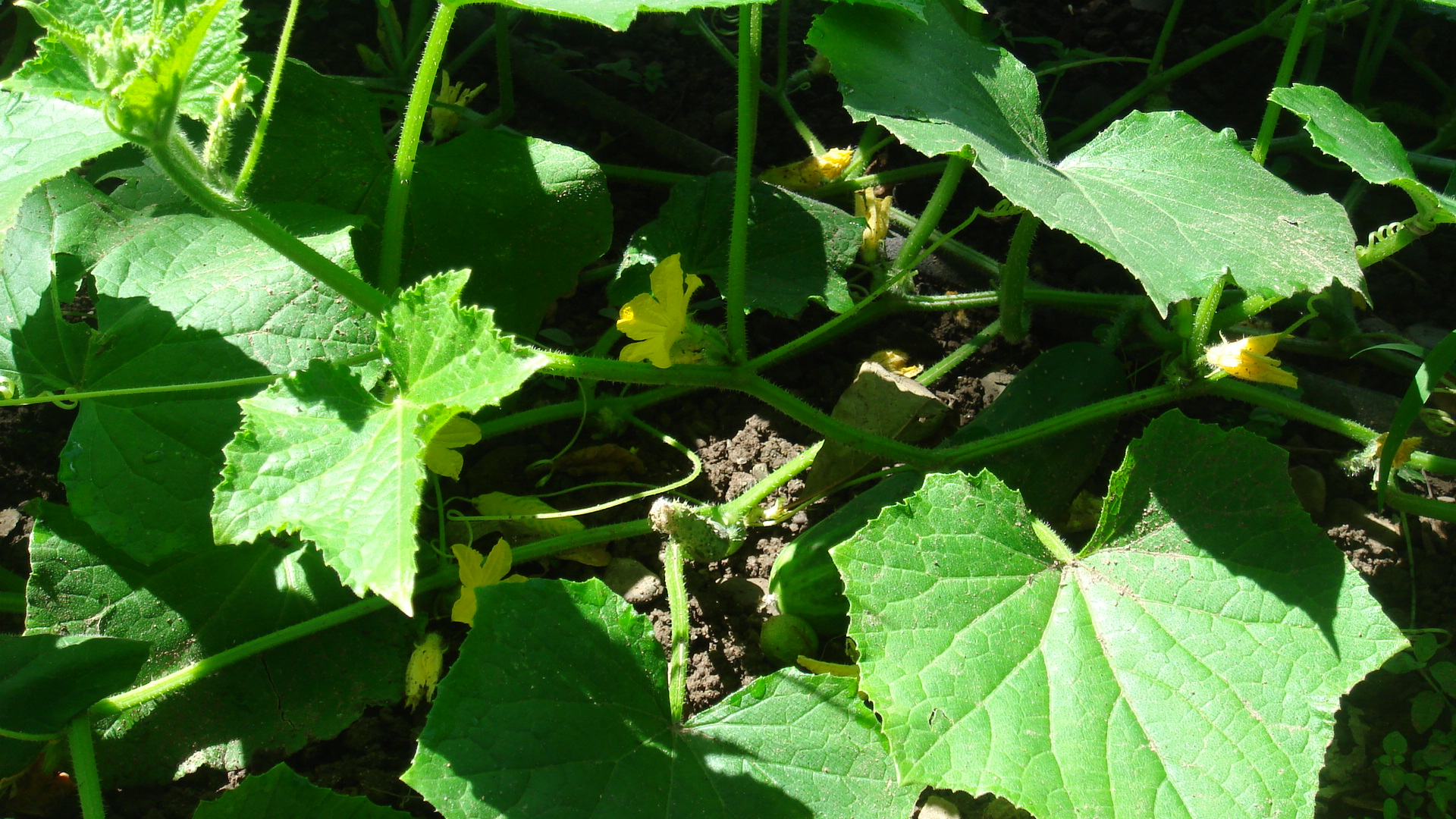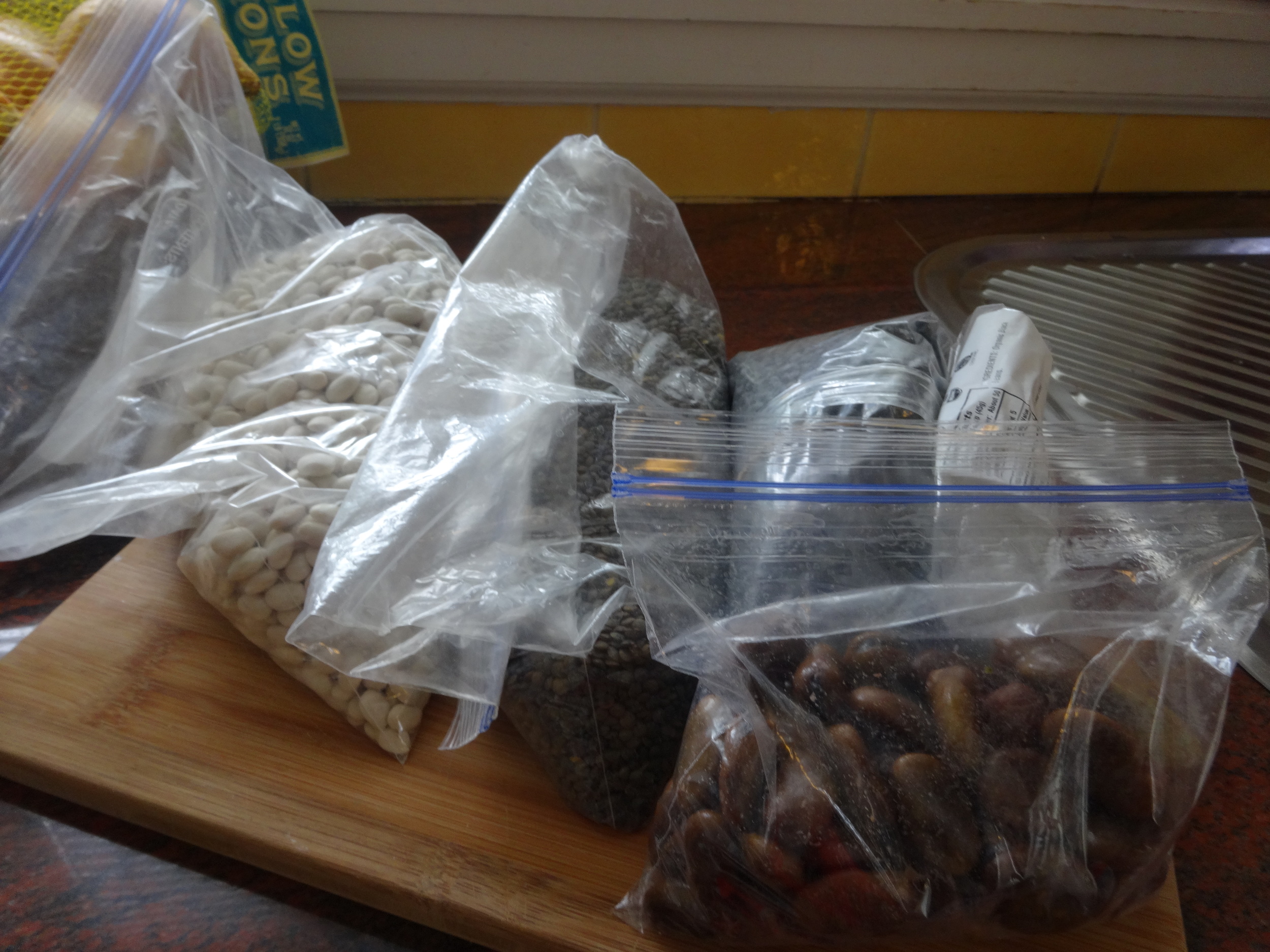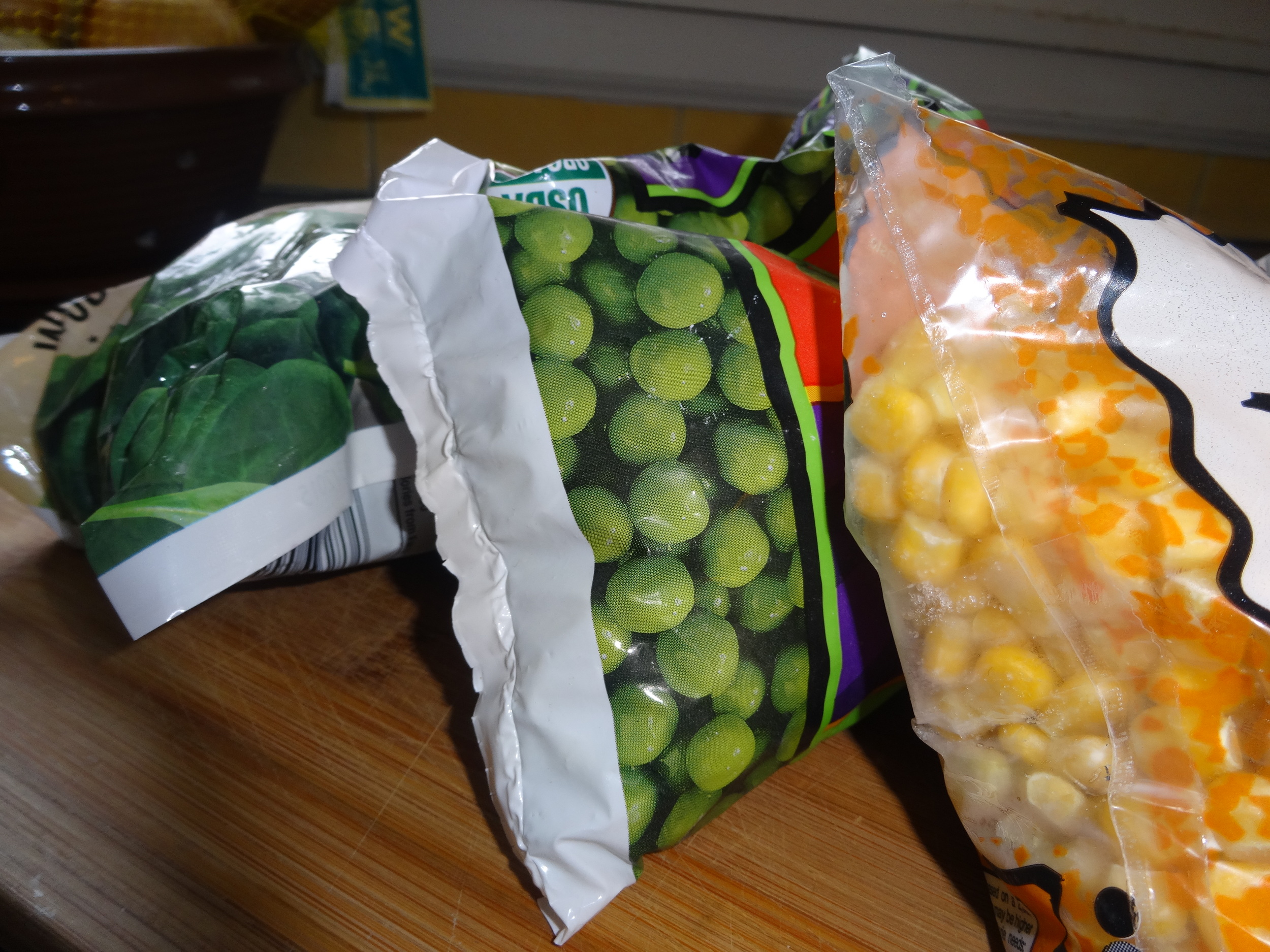 I love a soft boiled egg for breakfast. It is such a simple comfort food, deeply nourishing, warm, and creamy.
When my husband was little he used to get soft boiled eggs only when he was sick. His mother would bring it to him in bed with buttered toast strips she called "soldiers." In Germany soft boiled eggs are standard breakfast fare and served in every hotel.
I love a soft boiled egg for breakfast. It is such a simple comfort food, deeply nourishing, warm, and creamy.
When my husband was little he used to get soft boiled eggs only when he was sick. His mother would bring it to him in bed with buttered toast strips she called "soldiers." In Germany soft boiled eggs are standard breakfast fare and served in every hotel.
When I was small we would have soft boiled eggs for week-end breakfasts with some buttered toast (no strips) and sweet & sour Swedish herring we called "Piepfisch" or "beep fish"(don't ask me why - a question for my parents). My sister and I would only get the little egg white hat, the "Hütchen," which my dad would slice off with one swift chop of his knife. I never knew why we didn't get a whole egg then. Was it about not eating too much protein, or was it to save money? Another question for my parents. But when I was finally allowed to have a whole soft boiled egg all for myself I knew I was a big girl.
When my children were small they would share an egg, because my son only liked the yolk, while my daughter only liked the white. In my attempt to vary our breakfasts (such as yoghurt/kefir/milk with cereal; bread/toast with stuff on it; French toast; croissants on Saturdays, pancakes or eggs on Sundays) I make soft boiled eggs about once a week, and definitely on days my children have tests - as a good brain food and protein base.
I bought our egg cups in Germany because I couldn't find the kind I wanted over here. They sit solidly on the table and have a rim around the egg holder to rest your spoon and place your egg shells. I also bought the special little plastic spoons over there - horn spoons are fancier, and silver spoons alter the taste of the egg and oxidize the spoon. I cook my eggs, which come from a friend or a local farm, for five minutes. That cooks the egg white just enough to become firm, but leaves the deep yellow yolk nice and runny and almost hot. I am more timid and don't slash the "hat" off with my knife. Instead, I peel the top, then lop the hat off with my egg spoon. And I do dunk buttered toast "soldiers" into the yolk. Mmmmh....




